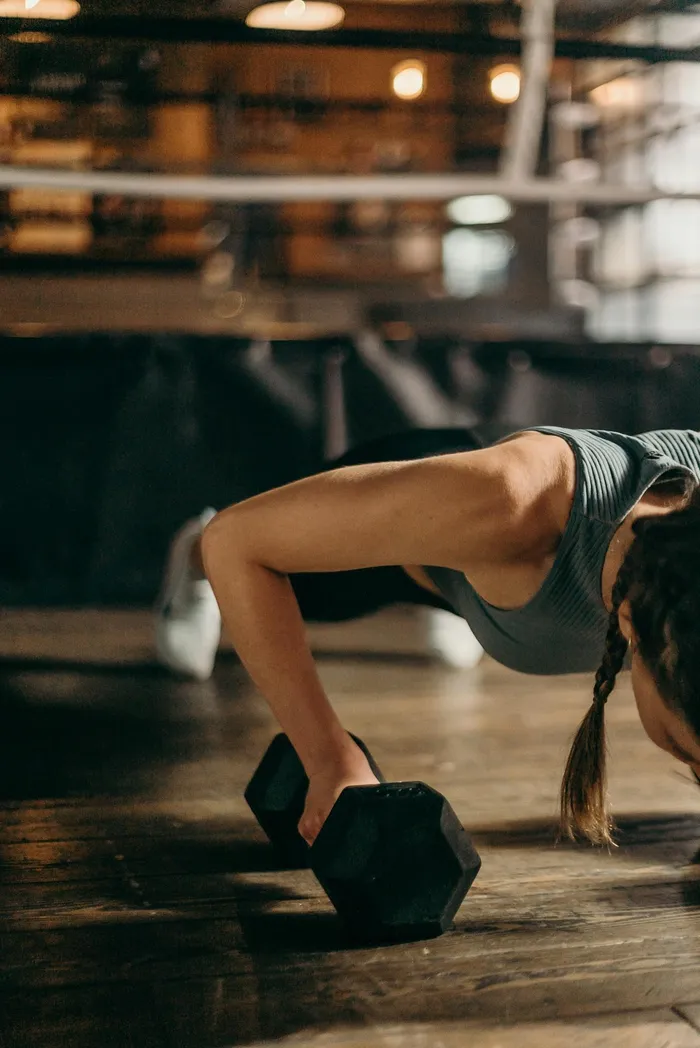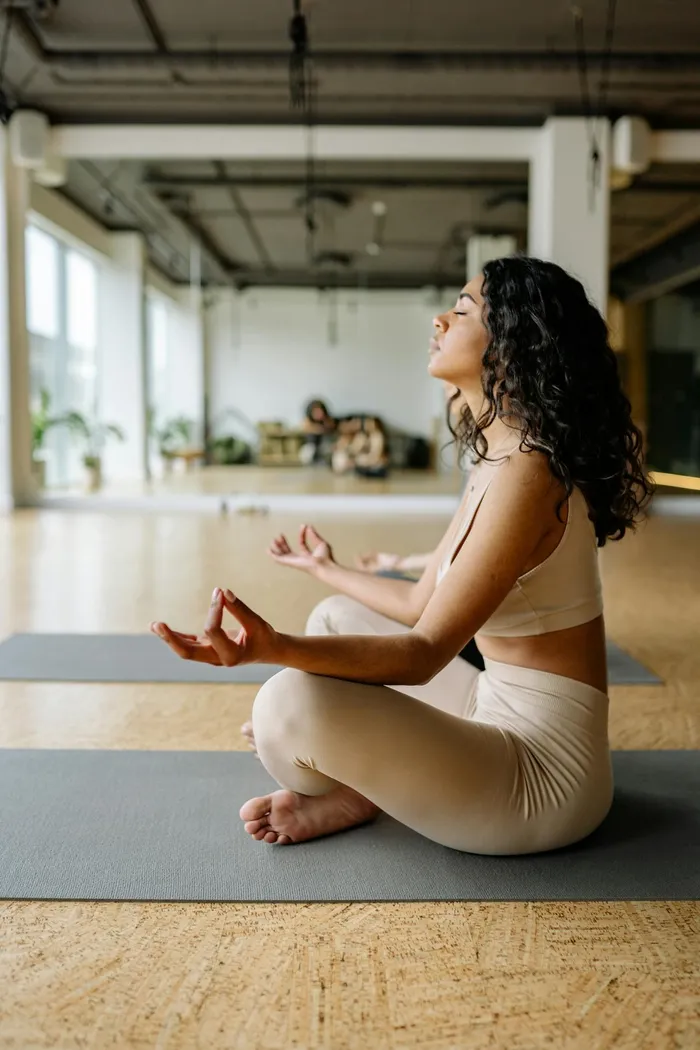Strong women, safe spaces: the key to thriving in fitness and beyond

Beyond aesthetic aspirations, fitness emerges as a form of medicine.
Image: cottonbro studio /Pexels
As Women’s Month draws to a close in South Africa, the conversation goes beyond celebratory breakfasts and hashtags.
It’s a chance to ask ourselves deeper questions about empowerment: What does success mean to me now? For many women, especially mothers, this question isn’t just about work or home, but about how we hold space for ourselves in a world that doesn’t always make room.
For decades, fitness has been marketed as a man’s domain iron-heavy gyms, mirrors and an energy that often leaves women feeling out of place.
When women did show up, it was often framed around “bouncing back” after childbirth or chasing an “aesthetic” goal. But times are shifting. Strength training, safe gym environments, and conversations about resilience and feminine energy are carving out a new reality for South African women.
Why safe spaces matter
“Fitness doesn’t have to be intimidating, and it doesn’t have to be a man’s game,” says Karen Loader, CEO of F45 Training South Africa. Loader, a mother of two, believes safe spaces for women in fitness are more than about physical training; they are about building confidence, resilience, and communities that allow women to show up as their full selves.
And the science agrees. A study published in the "Journal of Sport and Health Science" found that women are more likely to stick to a fitness routine when they feel safe, supported, and free from judgment.
Loader explains that F45 studios were designed around that principle: “No mirrors, no egos, no pressure. Whether you’re a 24-year-old athlete or a 64-year-old returning to the gym, you belong. It’s about building strength in a way that feels empowering, not performative.”
Motherhood, ambition and redefining strength
For women, especially mothers, fitness often becomes intertwined with identity. “Motherhood doesn’t dim ambition, it sharpens it,” says Loader. “It forces clarity about what matters, and that includes taking time for yourself. When I train, I show up better for my kids, my husband, and my business.
”Research supports her perspective. Studies highlight that regular physical activity improves mental clarity, reduces symptoms of burnout and supports emotional resilience, all critical for women navigating careers, families and societal pressures.
"But Loader is quick to point out that strength isn’t just about lifting weights.
“For me, it’s about confidence. It’s about being resilient in business, being present at home, and showing my kids that strength comes in many forms.”

As Women’s Month draws to a close in South Africa, the dialogue around female empowerment is shifting from hashtags and celebratory breakfasts to a deeper introspection.
Image: Supplied
South African women often face the heavy social expectation of “bouncing back” after childbirth. Loader believes this mindset is damaging: “There’s this invisible weight put on new mothers to look a certain way, to get back to work, to do it all perfectly. But empowerment is about rewriting that script. You don’t have to ‘bounce back.’ You can move forward, stronger, on your own terms.
”This message reflects a growing trend globally. According to a report from McKinsey & Company, women are redefining wellness from being weight- or beauty-driven to being about longevity, mental health, and energy.
In South Africa, this shift is visible in communities of women choosing sobriety, prioritising mental health, and embracing functional strength over scale numbers.
Fitness as medicine
Fitness isn’t just about body goals; it’s medicine. Studies consistently show its role in reducing anxiety, improving sleep, and lowering the risk of chronic illness. For women, this impact can be life-changing.
Loader explains, “I time-block exercise into my day, just like a meeting. Those 45 minutes in the gym aren’t negotiable. Without them, everything else feels harder: my work, my home life, my mindset."

Numerous studies consistently illustrate its vital role in alleviating anxiety, enhancing sleep, and decreasing the risk of chronic illnesses.
Image: Yan Krukau /pexels
And she’s right. A 2020 review published in "The Lancet Psychiatry" found that even short bursts of exercise can significantly improve mental health outcomes. “The boring work showing up consistently, lifting heavy, sticking to the routine, that’s what creates long-term success,” Loader adds.
The narrative is shifting: healthy no longer means skinny; it means strong, balanced, and mentally clear. “In my circles, women aren’t chasing 60kg weight goals anymore,” Loader shares. “They want to feel powerful. They want to be powerful. And they want spaces that support that.
”Safe female health spaces, whether gyms, wellness collectives, or online communities, are about more than workouts. They’re about rewriting outdated social norms and allowing women to thrive in their feminine energy, without apology.
As Women’s Month ends, the challenge is to keep the conversation alive. Women deserve more than symbolic gestures; they deserve environments where safety, strength, and success aren’t negotiable.
In a society where women juggle motherhood, careers, and social expectations, safe spaces in fitness and health aren’t luxuries; they’re necessities. Because when women feel strong, safe, and seen, they don’t just lift weights. They lift entire communities.